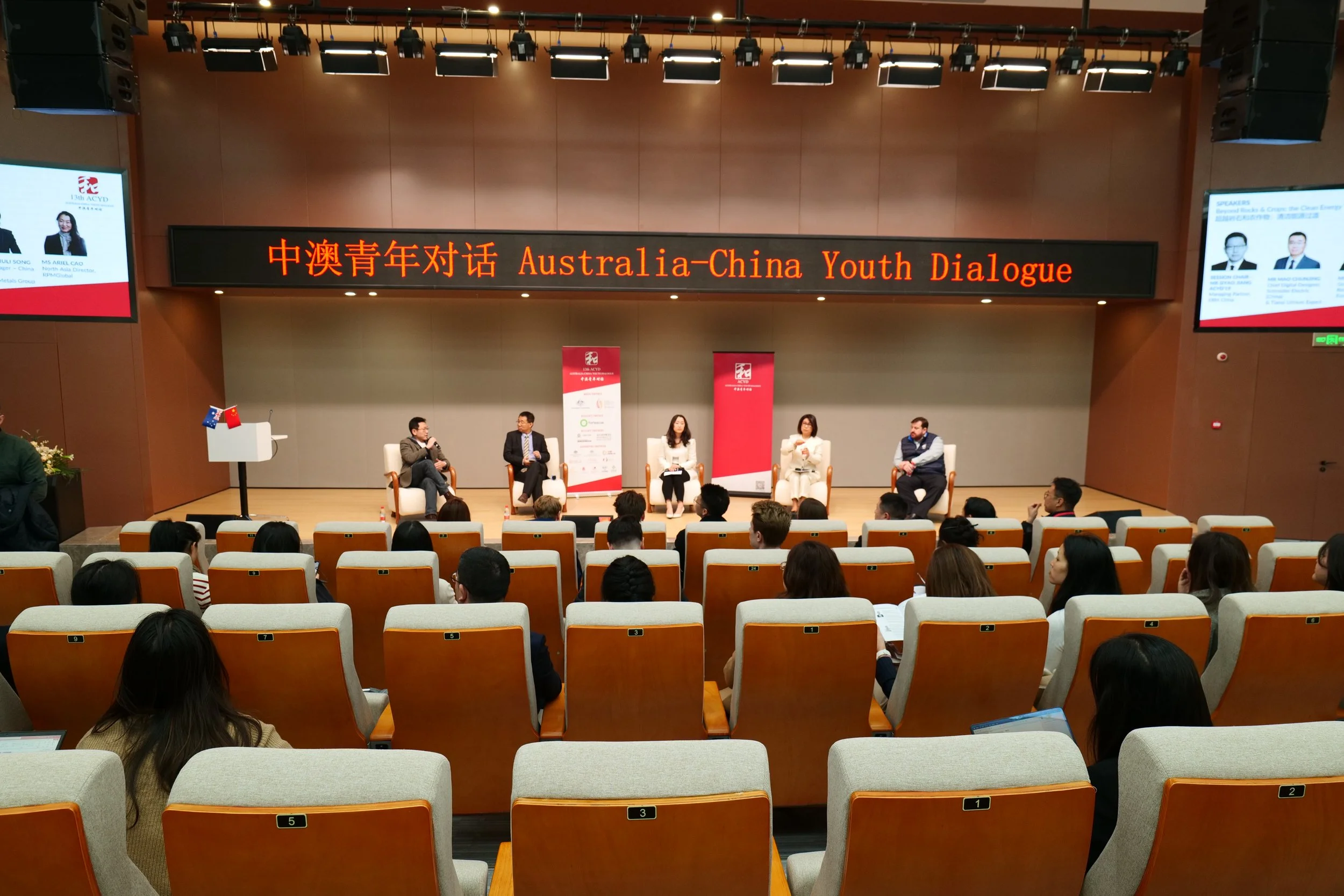As trade tensions between the U.S. and China rise, there is an emerging concern that Australia’s own even-deeper economic relationship with China presents an unacceptable security risk. This raises the question of how the new debate about “bounded engagement” with China should be applied to the economic relationship.
Fighting Covid-19: Everyone needs to be their own Sherlock Holmes
NEIL THOMAS: No need to decouple from China on trade
There is rising concern that Australia’s even-deeper business ties with China present an unacceptable security risk as Beijing becomes increasingly authoritarian at home and more activist overseas. So how should the emerging debate about the so-called “bounded engagement” with China apply to economic relations?
Jade Little: Leaders need to show a 'chink in the armour'
Katrina Yu: Why Crazy Rich Asians was a box-office flop in China
Wesa Chau: The ALP is in desperate need of a cultural shift
While branch stacking remains a major problem, it is concerning when some in the party persist in assuming that members from ethnic and culturally diverse backgrounds are nothing but stacks. This is not to say that exploitation of ethnic voting blocs by cynical politicians (often not even from that community) doesn't still occur. My concern is that suspicion is cast on anyone with a non-European name seeking to join the ALP as a result.
Understanding China’s Belt And Road Initiative
China’s Belt and Road Initiative is one of President Xi’s most ambitious foreign and economic initiatives. It reflects a combination of economic and strategic drivers, not all of which can be easily reconciled. There are strategic drivers behind China’s Belt and Road Initiative, but it is also motivated by the country’s pressing domestic economic challenges. The combination of strategic and economic drivers is not always easy to reconcile. In some cases, China’s strategic objectives make it difficult to sell the economic aspects of the initiative to China’s neighbours. The Chinese Government is keen to use the initiative to achieve important economic policy objectives, but some Chinese financiers and policymakers are cautious about funding risky Belt and Road projects outside of China, fearing poor return on their investments. Written by ACYD alumnus Peter Cai.
GEORGINA DOWNER: Foreign policy fault lines
Why we should be doing more business with Pacific nations
For many of Australians, our knowledge of the Pacific is superficial: a week spent lazing by a pool or docked in a port on board a cruise ship. However, the overarching significance of our relationship is that as a large regional player, stability and prosperity within the region matters as much to us as it does to our neighbours.
The challenge of building Australia’s gateway to the Indo-Pacific
The release of the White Paper on Developing Northern Australia was met with relatively little fanfare. In some ways, this is unsurprising. The scale of other recent development initiatives such as China’s ‘One Belt, One Road’ initiative and the Asian Infrastructure Investment Bank somewhat dwarf the Commonwealth’s plan for the north.





